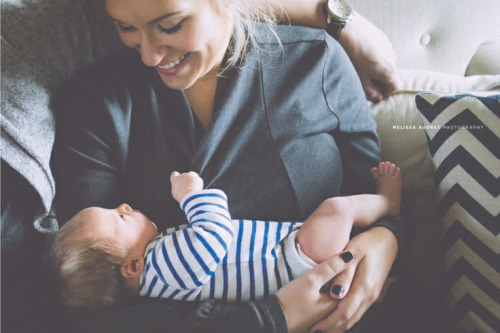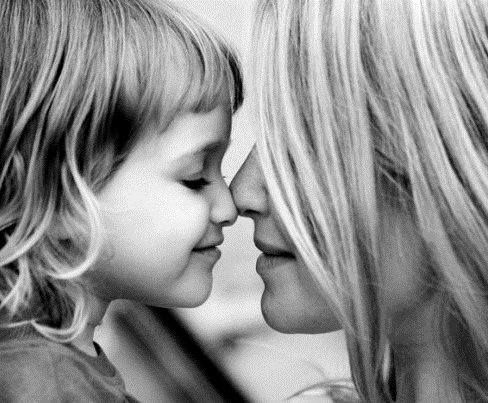A woman battling with her ex -partner for the return of her IVF-born daughter from Pakistan has been given hope by a Supreme Court ruling.
The girl’s biological mother and sole legal parent took her out of the UK in 2014 to Pakistan, three years after their relationship down.
The second woman then launched legal action and asked judges to order the youngster’s return to the UK.
Her efforts to force her former partner to bring the girl back to the UK had been blocked by the High Court and Court of Appeal.
A High Court judge and Court of Appeal judges concluded they did not have the jurisdiction to make such an order because the girl was not habitually resident in the UK when legal proceedings were launched.
However, Supreme Court justices have now overturned those rulings – deciding she had been resident and allowing the woman’s appeal.
The case will now return to the High Court where a judge will make decisions on what happens next.
Lawyers say the Supreme Court ruling will have implications in a number of areas.
Five Supreme Court justices had analysed evidence at a hearing in London in December.
A lawyer representing the second woman said a judge in England could now consider what was in the child’s best interests.
Maria Wright, who works for Freemans Solicitors, said:
“(She) feared the consequence of the High Court and Court of Appeal’s decisions was that (the child) would lose her relationship with her parent entirely The consequence of the Supreme Court’s decision is that the English court can properly consider what is in (the child’s) best interests and, if appropriate, order contact or (the child’s) return to England.
Further, the Supreme Court has brought welcome clarity to the law regarding a child’s habitual residence.”
The five Supreme Court justices, who ruled that the child could not be identified, allowed the second woman’s appeal by a three-two majority.
And the second woman said she was “relieved”.
In a statement released through Freemans Solicitors, she said:
“I am very relieved that the Supreme Court has accepted that my daughter has the right to have her future considered by a court in England,” “It has been a very long process to get to this result, and I am delighted that someone will now be able to look at what is actually in (the child’s) best interests.”
She added:
“I very much hope that (the child) and I will now be able to see each other again.”
Lawyers had told judges that the second woman would have been unable to persuade a court in Pakistan to consider the case “because of the strength of there of negative attitudes towards that sort of adult relationship”.
Judges heard that the second woman was a British woman of Indian ethnicity – and the girl’s biological mother a British woman of Pakistani ethnicity.



